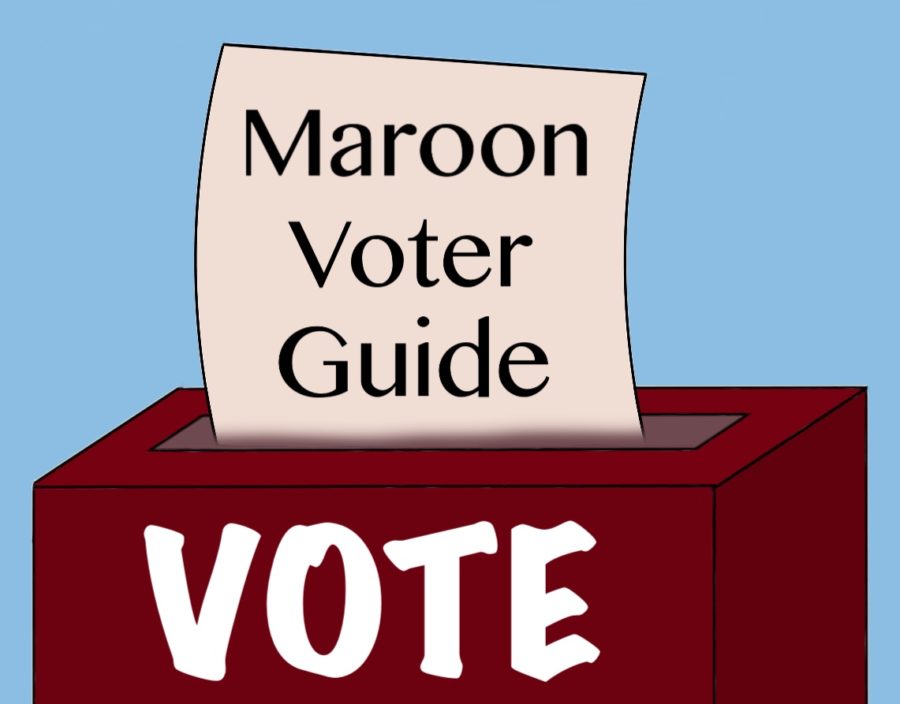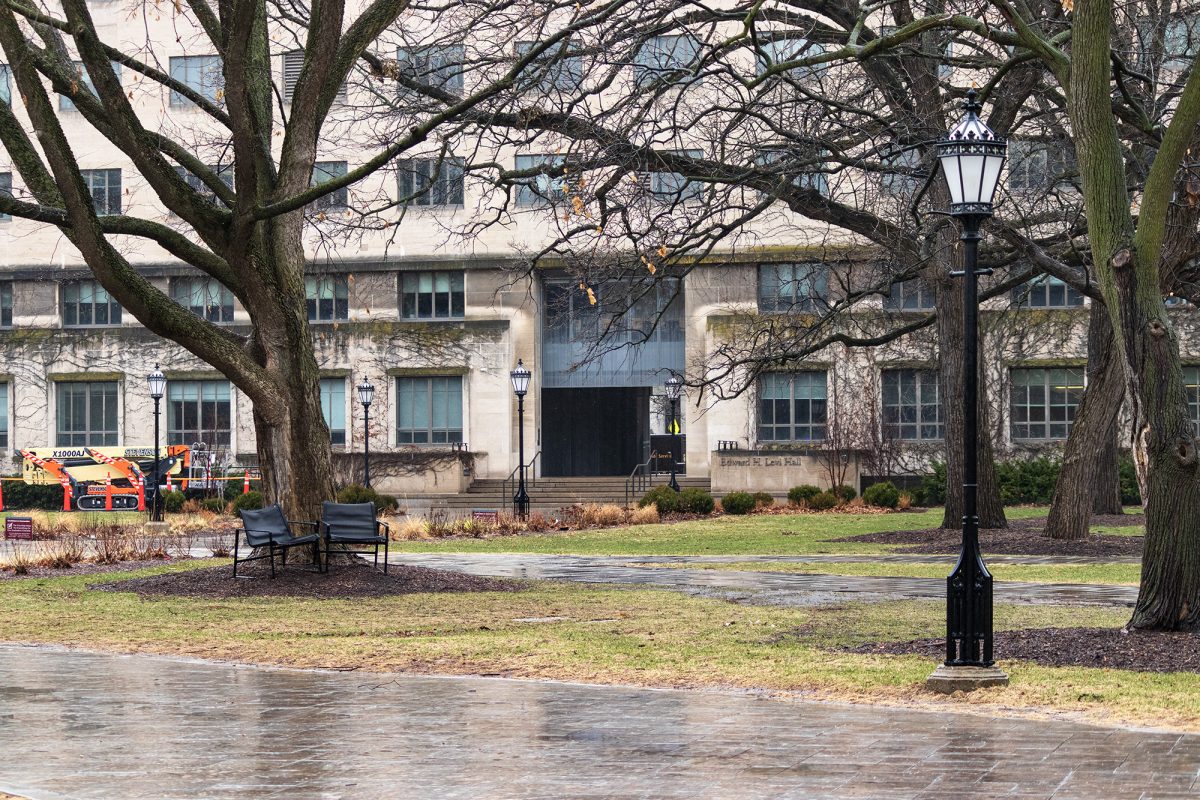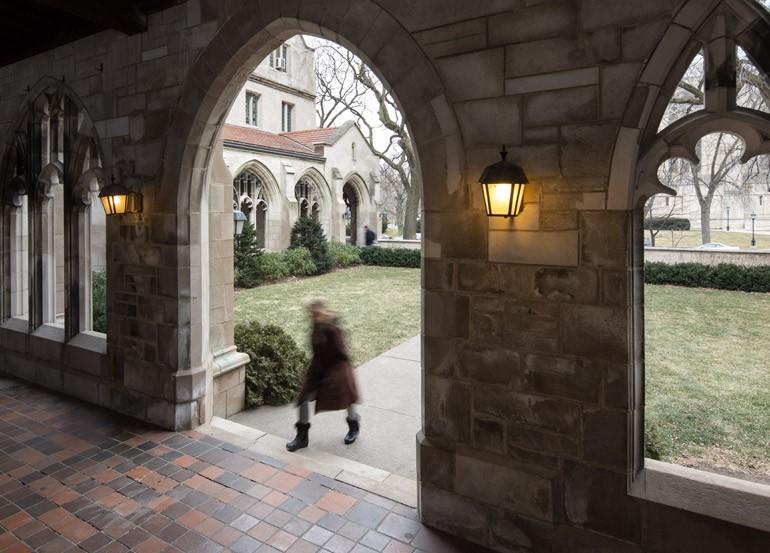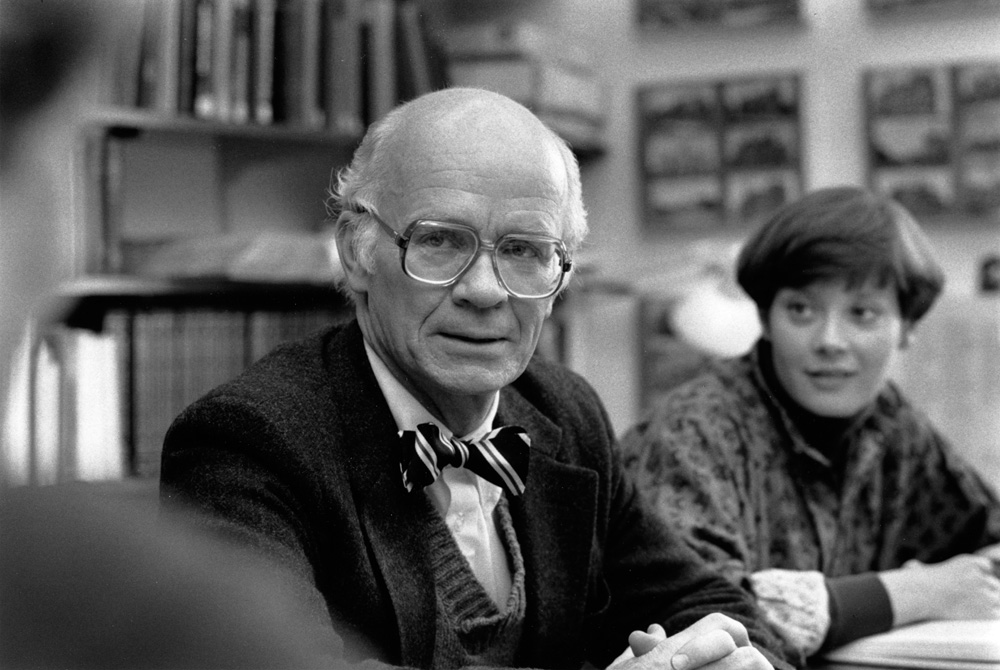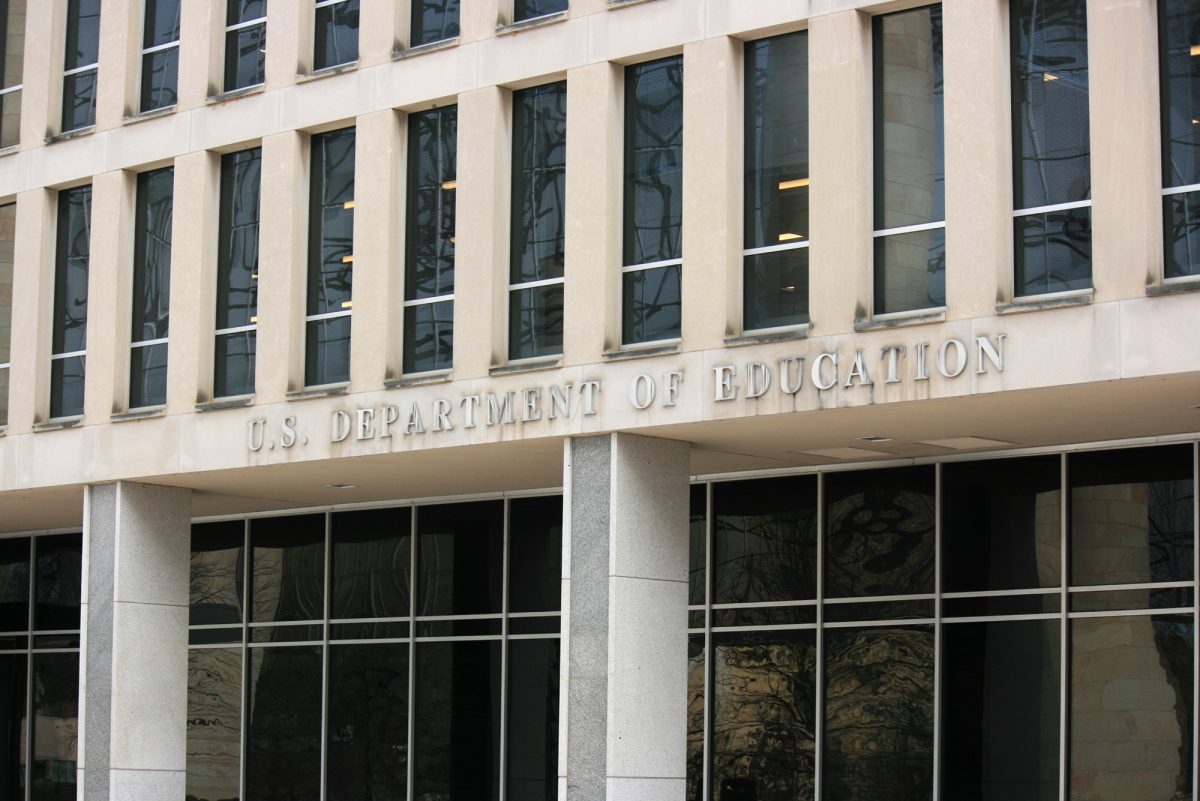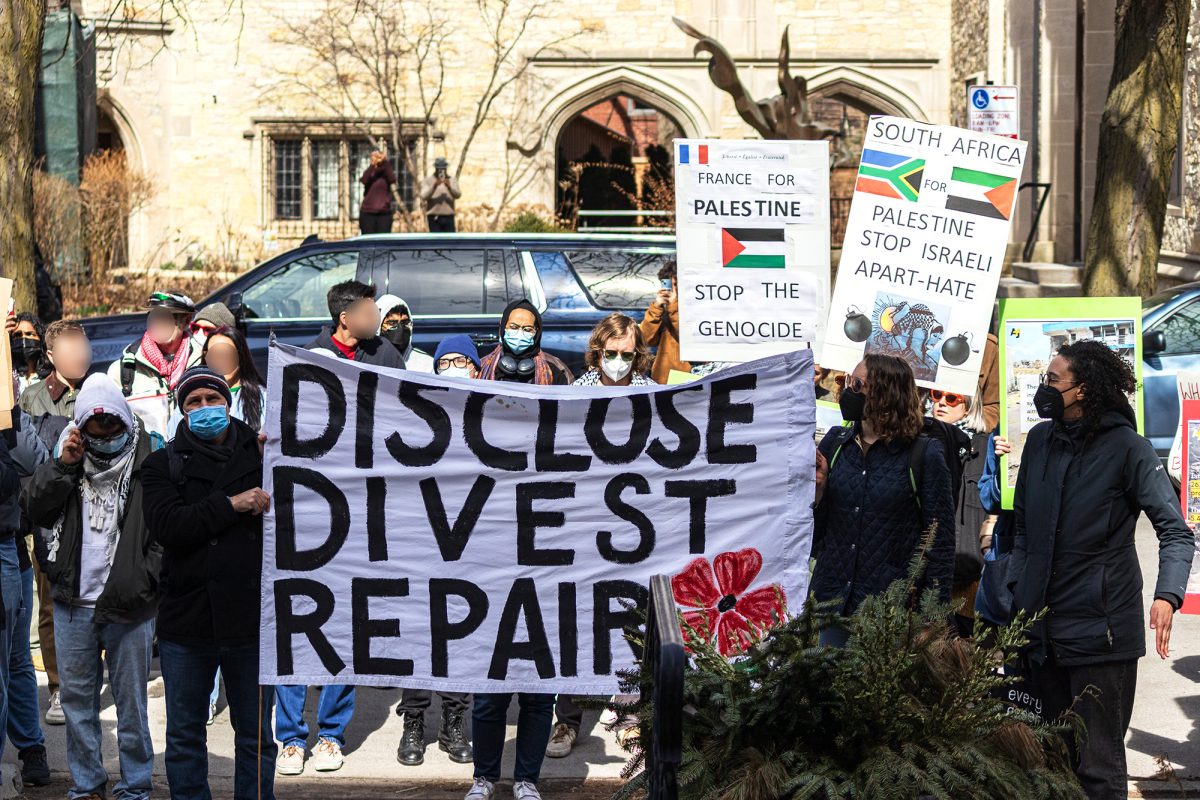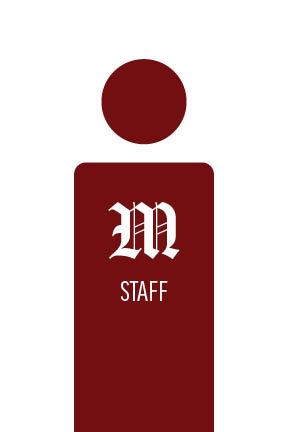Leading up to the March 17 Primary, The Maroon has put together a series of explainers and candidate guides to help Hyde Park voters make informed choices. The rest of the guides can be accessed here.
On Tuesday, March 17, Cook County residents will be voting in the Democratic primary for one of the seats representing the First Judicial District on the Illinois Supreme Court.
The seat is currently held by P. Scott Neville, Jr., who was appointed to fill the vacancy created by the late Supreme Court Chief Justice Charles E. Freeman’s retirement in 2018. Seven candidates, including Neville, are running in the Democratic primary for the seat. There are no candidates seeking the Republican nomination at this time.
P. Scott Neville, Jr. (incumbent)
Neville is seeking to retain his position on the Illinois Supreme Court. He is the second Black man to serve on the Illinois Supreme Court in its 202-year-long history.
Neville’s 45 years of legal and judicial experience includes service as an attorney, a circuit court judge, and an appellate court judge. He was also the president of the Cook County Bar Association from 1997 to 1999.
As a sitting justice on the Illinois Supreme Court in March 2019, Neville dissented with the Court’s decision not to stiffen the sentence of Chicago police officer Jason Van Dyke, who fatally shot teenager Laquan McDonald in 2014. Neville was the only justice to fully disagree with the decision in his dissenting opinion.
His reelection campaign saw a slight hiccup in late 2019, when NBC 5 Investigates reported that he was receiving tax exemptions for a home that he owned but did not live in. He was required to pay back four years of the exemption.
Neville has received the endorsements of the Cook County Democrats, Representatives Danny Davis (D–IL7) and Bobby Rush (D–IL1), the Chicago Federation of Labor, and the American Federation of Labor and Congress of Industrial Organizations. Neville was issued a rating of “Highly Qualified” by the Chicago Bar Association.
Cynthia Y. Cobbs
Cobbs was appointed to the Illinois Appellate Court in January 2015, where she continues to serve. She has also served as a circuit court Judge and a senior judicial law clerk to Freeman. Before becoming an attorney, Cobbs was a clinical social worker.
She has emphasized her experience with the administrative operations of the Supreme Court that she gained while managing the its budget and administrative office as Director of the Illinois Courts.
Cobbs is the only woman of color in the race, and, if elected, she would be the first African-American woman to hold the position.
Cobbs received a rating of “Qualified” from the Chicago Bar Association.
Daniel Epstein
Epstein, an attorney and alumnus of the University of Chicago Law School (J.D. ’15), is running a progressive campaign which he describes as “affirmatively anti-racist and anti-sexist” and which advocates for “systemic reform” to prevent corruption and wrongful convictions. He is the only candidate in the race with no judicial experience.
Epstein has spoken of the power of the courts to shape the justice system. His platform advocates for restorative justice, an end to cash bail and mass incarceration, an independent body to determine judges’ conflicts of interest, and an increased use of mobile technology in courtrooms.
Prior to his campaign bid, Epstein cofounded ZEYO, a legal tech company that allows users to handle small claim suits online via video conference.
He has been endorsed by several progressive organizations, including Our Revolution, a political action committee that advocates for the policies of Vermont Senator Bernie Sanders (A.B. ’64), and Run for Something, an organization devoted to supporting young progressive candidates running for down-ballot offices.
Epstein, a practicing attorney, is the only candidate in the race to receive a rating of “Not Recommended” from the Chicago Bar Association.
Sheldon Harris
Harris was elected to the Illinois Appellate Court in 2014, after serving as a trial attorney for 30 years and then as a circuit court trial judge for 10 years.
Harris’s campaign emphasizes his “common sense” decisions on the appellate bench, such as denying arms to individuals based on allegations contained in police reports and cracking down on wrongful insurance denials and injury compensation.
As reported by the Chicago Tribune, Harris faced criticism during an exchange with other Cook County Democrats in August when he stated that a candidate’s race should not factor into voters’ decision making process. Harris’s apparent unfamiliarity with the term “white privilege” elicited frustration from 28th Ward Alderman Jason Ervin and Cook County Board President Toni Preckwinkle.
Harris received a rating of “Qualified” from the Chicago Bar Association.
Nathaniel Roosevelt Howse, Jr.
Howse was appointed as an appellate court judge in 2009, where he was retained in 2012. He also served as a circuit court judge from 1998 to 2004. Howse worked in election law prior to becoming a judge, serving as lead attorney for the high-profile Harold Washington Party, a splinter group of the Democratic Party founded in the late 1980s to represent the interests of Chicago’s African-American population.
Howse emphasizes his 43 years of experience as an attorney and judge, along with his unique perspective as an African-American man growing up in a racially segregated Tennessee. If his campaign bid is successful, Howse would be the second Black man elected to the Illinois Supreme Court and the third to serve.
Howse has received the endorsements of Illinois Secretary of State Jesse White and Representative Jan Schakowsky (D–IL9), and he was issued a rating of “Qualified” by the Chicago Bar Association.
Margaret Stanton McBride
McBride boasts over 32 years of experience as a judge: She was elected a circuit court judge in 1990 and an appellate court judge in 1998, where she has been retained ever since.
Before her election to the bench, McBride served for 10 years as an assistant state’s attorney. McBride was also a judicial law clerk to Freeman during his time on the Illinois Appellate Court and Supreme Court.
McBride’s main pitch to voters rests on her qualifications. She also emphasizes her impartiality as a jurist, in contrast to the progressive Epstein campaign.
McBride received a rating of “Highly Qualified” from the Chicago Bar Association.
Jesse G. Reyes
Reyes has served as an appellate court judge since 2012, having previously been an associate judge and elected judge on the Circuit Court of Cook County.
Upon his election, Reyes became the first Latino judge elected to the Illinois Appellate Court and, if elected, would be the first Latino justice to serve on the Illinois Supreme Court.
As the first person in his family to graduate from college, Reyes emphasizes the unique perspective that he brings as a member of the Latino community. He has proposed initiatives to encourage a diverse pool of young people to enter the law profession, such as the Diversity Scholarship Foundation, which he founded.
Reyes has been endorsed by the Daily Herald and the political action committee American Middle East Voters. He received a rating of “Highly Qualified” from the Chicago Bar Association.



